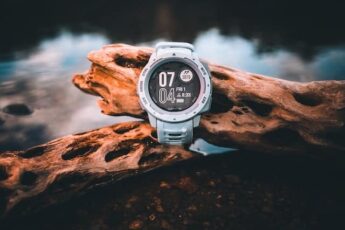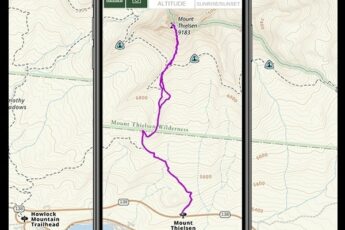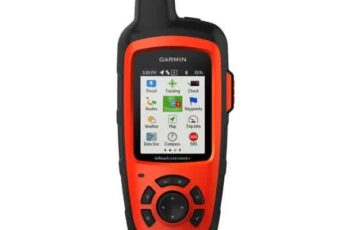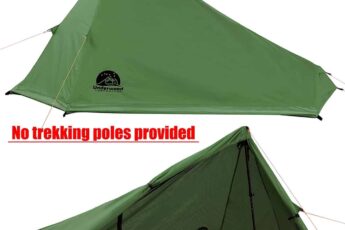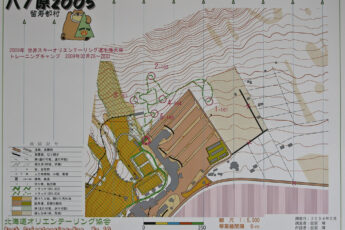Handheld GPS devices are becoming a common feature in outdoor recreation. These devices offer a better overview of terrain, a long battery life, and the ability to sync with your smartphone. In this article, we will discuss the pros and cons of handheld GPS units. We’ll also discuss how they can help you stay safe and productive while hiking or backpacking.
Handheld GPS units are a standard in outdoor recreation
Handheld GPS units are essential for many different outdoor activities, including hiking, geocaching, surveying, and aviation. They can also be used for quadding and hiking, and can even double as two-way radios. Before purchasing a handheld GPS unit, be sure to familiarize yourself with the device’s features and how to use it.
Handheld GPS units have many benefits for outdoor recreation enthusiasts, including their ability to display detailed terrain, plan routes, and log data. Although they do have some disadvantages, handheld GPS units are a necessary tool for anyone interested in outdoor recreation. Moreover, they are far more durable than other navigation devices and can be very useful for both casual and professional use.
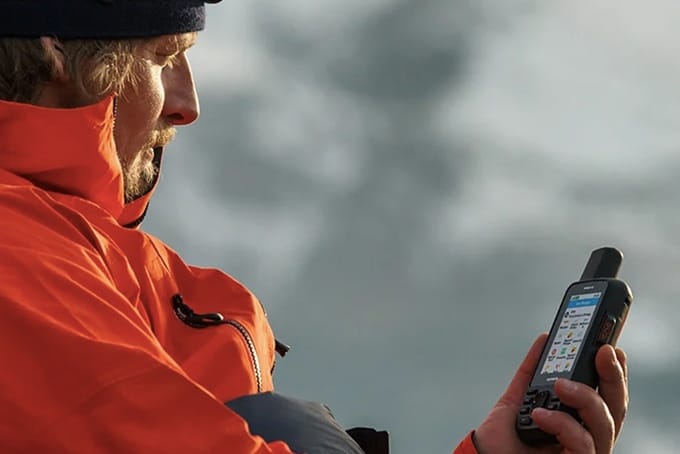
Most handheld GPS devices come with a compass or barometric altimeter. This feature allows users to read directions without adjusting the direction they’re facing. This feature is particularly helpful when hiking long distances. Another feature of handheld GPS devices is satellite messaging. These devices send messages to other users, even when there is no cell service or internet access.
They offer a better overview of the terrain
GPS devices for hiking offer a better overview and detail of the terrain than a traditional map. They also have the benefit of providing the trail length and altitude profile. Many mountain guides recommend using a combination of a GPS and a map. If possible, get a waterproof map that you can easily transfer to your device. You can also use landmarks to help you know your position.
Hiking with a GPS device can be an exciting and enriching experience. GPS devices work on the Global Positioning System, which was developed by the US military in the 1970s. It uses signals from 24 satellites to determine viewpoints all over the world. GPS devices receive signals from these satellites and use these signals to calculate their own position.
They have a long battery life
If you enjoy long hikes, you will want to invest in a GPS device that offers a long battery life. While you may save a few dollars with a cheaper device, the longer battery life will allow you to get further out into nature. These devices also give you the option of synching your smartphone with the GPS and receiving notifications right on your screen.

The eTrex 32x hiking GPS device is a great option for people who love outdoor adventure. It features a touchscreen, an integrated camera, multiple barometers, and an accurate electronic compass. Another great hiking GPS device is the Garmin Oregon 750t. This device has a rugged design and an extended battery life. It also offers an easy-to-use touchscreen and is water-resistant.
A handheld GPS device will give you a much better overview of terrain than a watch. It will display satellite imagery and detailed maps. In addition, handheld GPS devices will also let you store your own waypoints and route plans. These devices also have a long battery life and can survive harsh weather conditions better than a smartphone.
They can sync with your smartphone
For urban or minimal hiking excursions, hiking GPS devices that sync with your smartphone are a great choice. Whether you are taking the family on a weekend hike or touring the city, this device will help you find your way without the hassle of navigating the streets. In addition to syncing with your smartphone, hiking GPS devices also display trail information. These features are available on most modern GPS devices, and you can also create your own GPS tracks to save on your device.
Hiking GPS devices provide a number of benefits, including altitude readings, recorded mileage, changes in elevation, and warnings of possible obstacles. While smartphones can be convenient, they still have a limited battery life. Fortunately, portable chargers and other devices that provide extra battery life can prolong their life. However, smartphones are still susceptible to damage in the rugged wilderness. The temperature, humidity, and weather change can damage the battery and cause it to malfunction.

Most handheld GPS devices store most of their information in waypoints, or coordinates. The average handheld GPS device can store anywhere from 500 to 10,000 waypoints. Most devices can also be cleared between trips.
aeorienteering.com is reader-supported. When you buy through links on our site, we may earn an affiliate commission.
